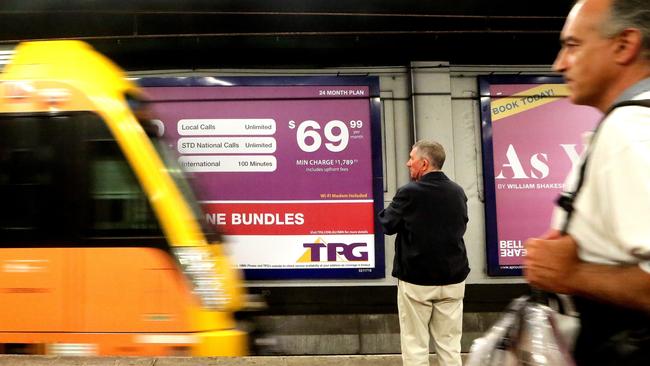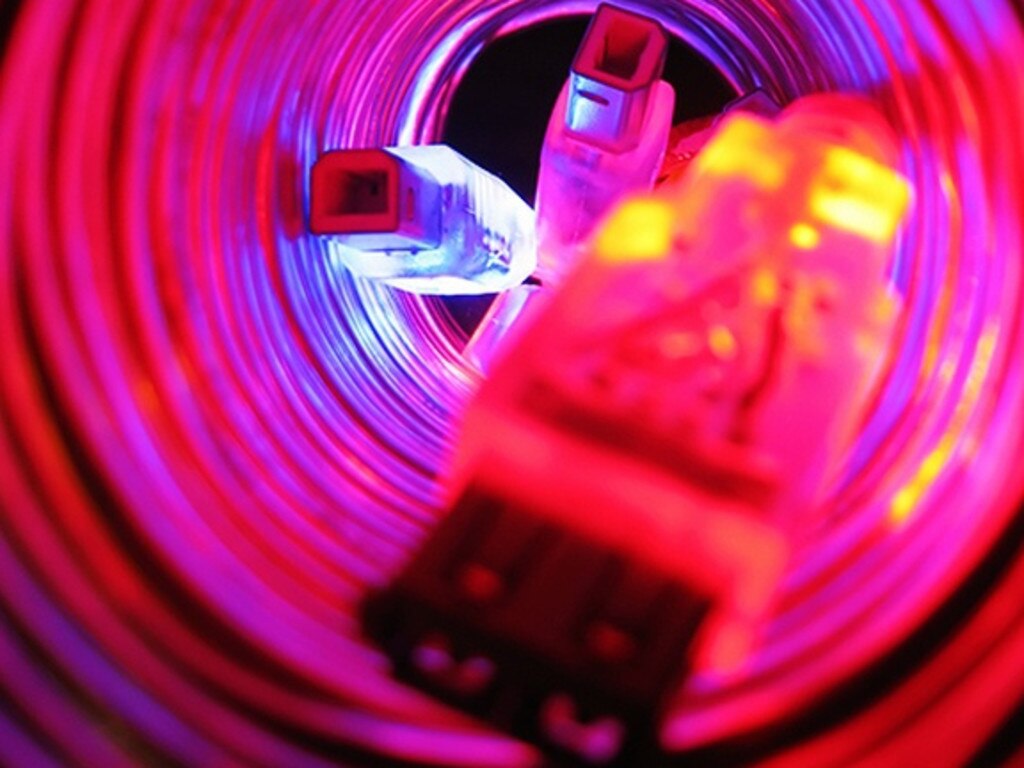TPG messaging ACCC with its call to hang up on its mobile roll out
TPG’s move to hang up on the rollout of its mobile network is blatant regulatory blackmail which is doomed to fail.

As flagged in December when the ACCC first raised serious concerns about the proposed Vodafone merger, the Federal Government’s decision to ban Huawei for the 5G mobile roll out is a potential game changer.
Today’s statement from TPG made no mention of the ACCC but stressed it is committed to the planned Vodafone merger.
The decision also comes as the US Government has raised the stakes by filing criminal action against Huawei for alleged breach of Iran trade sanctions and alleged theft of trade secrets.
Vodafone’s Inaki Berroeta could not be happier because today’s decision strengthens
his hand in the merger because if TPG has any plans to be a full service operator then it needs Vodafone more than ever.
TPG, it should be noted, rejects outright any suggestion that today’s statement is an attempt to blackmail the ACCC but it is certainly an attempt to change its mind and shake ACCC chief’s conviction that there will be four mobile networks in Australia.
At the time of the ACCC’s initial objections to the merger, one person in the merger camp noted “Rod Sims is the only person in Australia who thinks there will be four mobile networks” and today’s statement is an attempt to throw some caution on his delight in having a more competitive market.
Commercial reality is being argued in a carefully worded statement putting all the blame on the Huawei ban to ensure TPG directors can’t be accused of misleading shareholders in their past statements about a new network.
The argument goes that TPG was hit by increased costs from the ban and real concerns over whether investors would support another capital raising to pay for the increase.
In mobiles, Telstra has 43 per cent, Optus 33 per cent and Vodafone 21 per cent.
In NBN fixed line broadband and fixed line services, Telstra has 55 per cent share, TPG 20 per cent, Optus 16 per cent and Vodafone 1.6 per cent.
Telstra is the only operator in Australia which is not a significant user of Huawei equipment, using Ericsson instead, so last year’s Huawei ban was a significant boost to its position on top of the billions of dollars in subsidies it receives in compensation for the loss of its fixed-line monopoly.
Arguably, all three rivals were disadvantaged by the Huawei ban but both Optus and Vodafone have the advantages of being part of global empires which means more bargaining power over equipment suppliers like Ericsson, Nokia and Samsung.
TPG has spent $1 billion on 4G spectrum and was a joint bidder with Vodafone on 5G spectrum so it is committed to being a mobile player.
There are also alternatives to Huawei and, having spent less than $100 million on its roll out, TPG is arguably better placed than anyone to change supplier because it has less legacy equipment.
ACCC chief Rod Sims is fond of quoting former Telstra boss David Thodey who back in 2012 spoke in glowing terms about the benefits of a three player market noting “once we get to four of five players that is when you start to get behaviour that can be aberrant in terms of shareholder value”.
That explains why Telstra is quietly cheering on free passage of the TPG Vodafone link.
Its dominant market position would be strengthened while Optus would have a tougher battle on its hands.
The hope of four players in mobile was one reason why the ACCC said it would block the Vodafone merger with a decision due in April.
Broadband is another and today’s statement is unlikely to change the ACCC’s view on proceedings.
TPG and Vodafone will take the matter to court if the ACCC upholds the merger ban so the coming decision is a tense one.







Today’s statement from TPG ceasing the rollout of its Australian mobile network is blatant regulatory blackmail which is doomed to fail, at least at the ACCC, before any court battle.